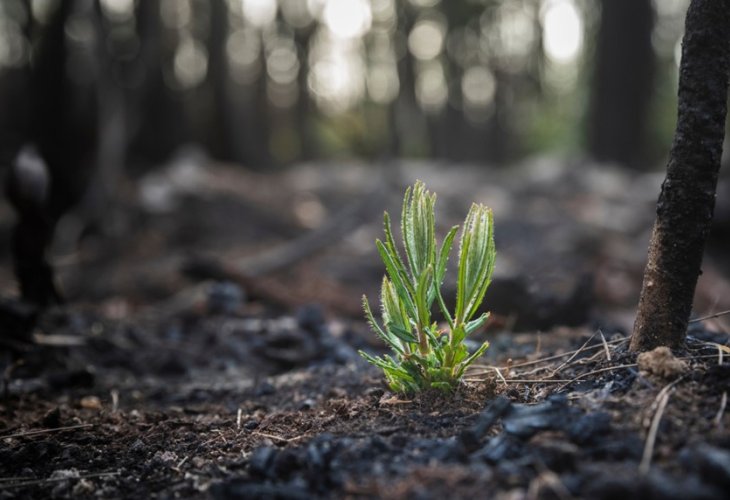Personality Development
When Healing Takes Time: Lessons from Torah on Personal and Relationship Growth
Embracing the process of emotional and relational growth.
 (Photo: Shutterstock)
(Photo: Shutterstock)When a person is unwell- even if it’s not a serious illness- the physical symptoms still have an impact. Functionality isn’t the same as usual, and one’s mood often dips.
Naturally, people want to get better and return to a healthy routine and will therefore go to a doctor, take medication, and do what’s needed to recover.
Last week, we read in Parashat Yitro the verse: "I am the Lord, your Healer" (Exodus 15:26). And in this past week’s Parasha, Mishpatim, we read: "And he shall surely heal" (Exodus 21:19).
What is the difference between these two verses?
The first verse refers to healing that comes directly from G-d- a miraculous, rapid, and supernatural kind of recovery.
The second verse refers to healing granted through human beings- in this case, a physician (as Rashi explains, this is the source for the Torah’s permission for doctors to practice medicine). This healing happens gradually, step by step, over time.
"And he shall surely heal" and "I am the Lord, your Healer" are two verses that address the same human condition. Both teach us how to deal with illness, and both offer us inspiration for how to heal.
One is a divine and immediate path; the other is a human and process-driven journey.
I often meet couples who come to me with a feeling of being “unwell” in their relationship. This doesn’t need to be due to something dramatic- it can be that he leaves the dishes on the table, that she’s on the phone all evening, he contradicts her in front of the kids, or she belittles him in front of guests.
These instances can leave you with a desire to resolve and change the situation. We tend to want to fix everything quickly (and often we prefer that the other person be the one to change!).
How do we go about it?
“I am the Lord, your Healer.” A dramatic change in reality or human nature doesn’t happen quickly, and not through human effort alone. Only G-d can bring about instant, miraculous transformation.
“And he shall surely heal”. This verse gives individuals the power to heal through a process, with patience and persistence.
To begin this process, take a few quiet minutes and write down answers to the following questions:
What area of your relationship challenges you the most- to the point where it feels like something is truly "sick" or broken?
What would you like that area to look and feel like once it has healed? (How will it be different? How will it feel?)
What is currently holding you back from creating that change?
What small, practical actions can you take this coming week to start bringing healing to your heart and relationship?
Malka Hertzstein is a couples' counselor and emotional therapist from the department of Shalom Bayit

